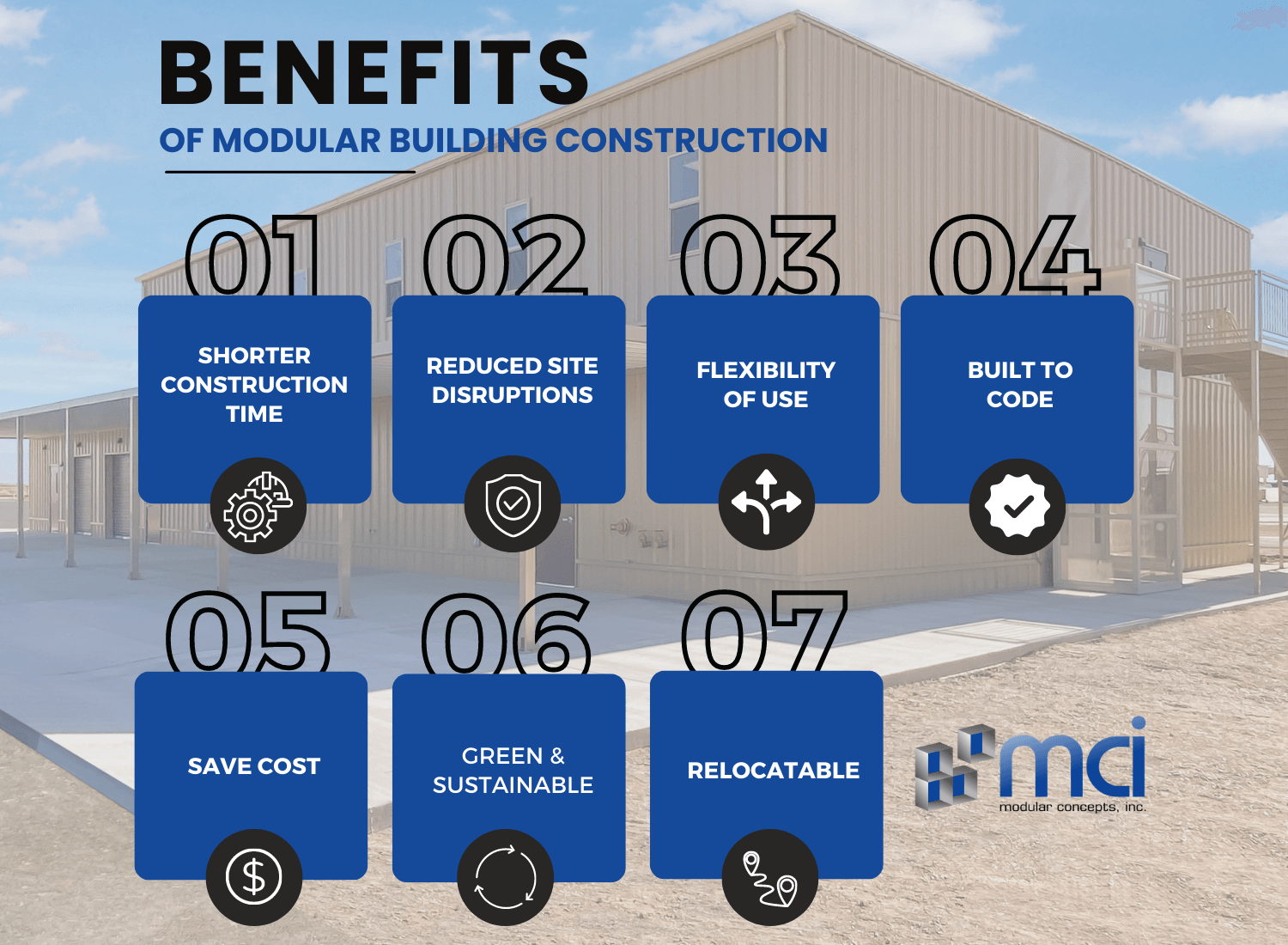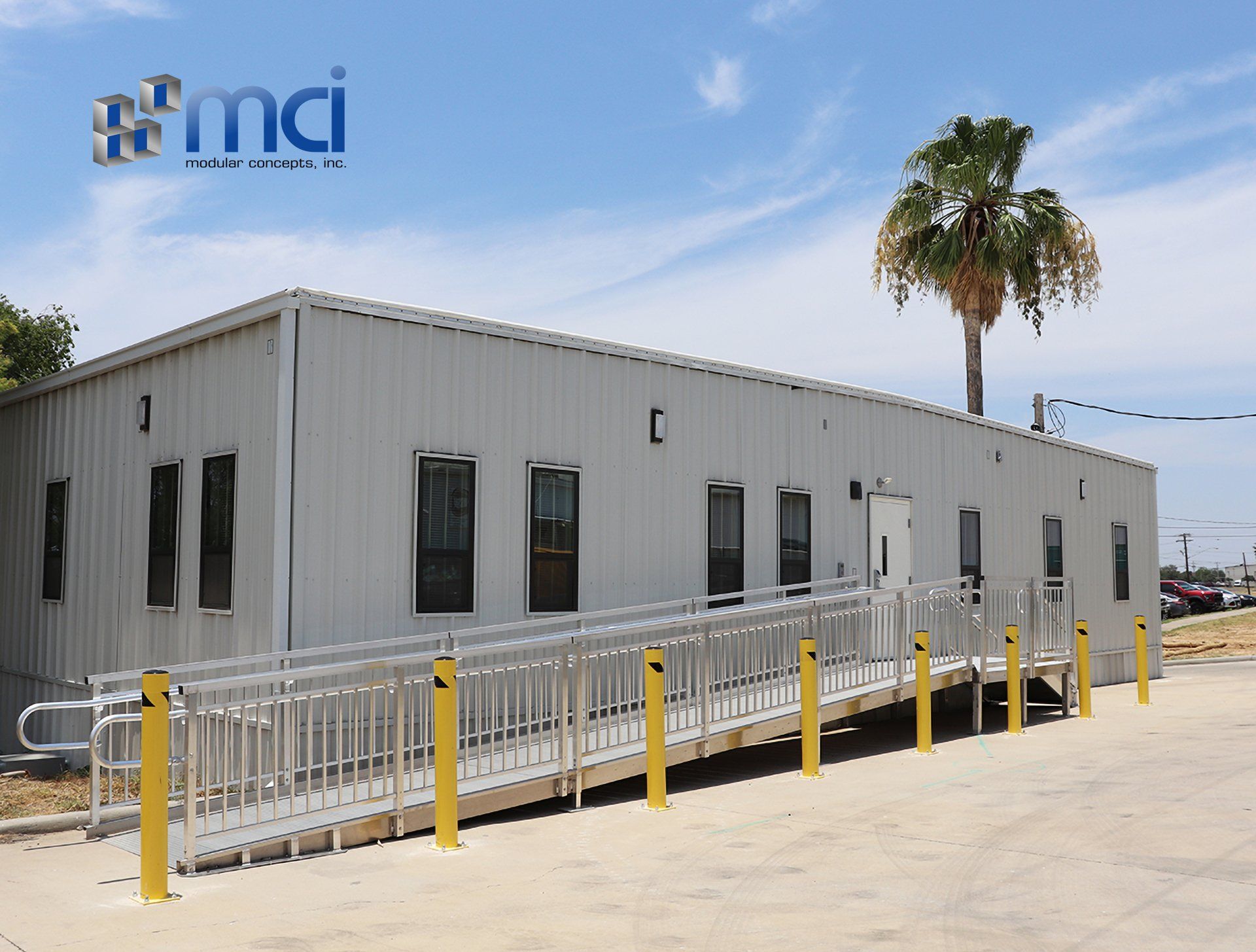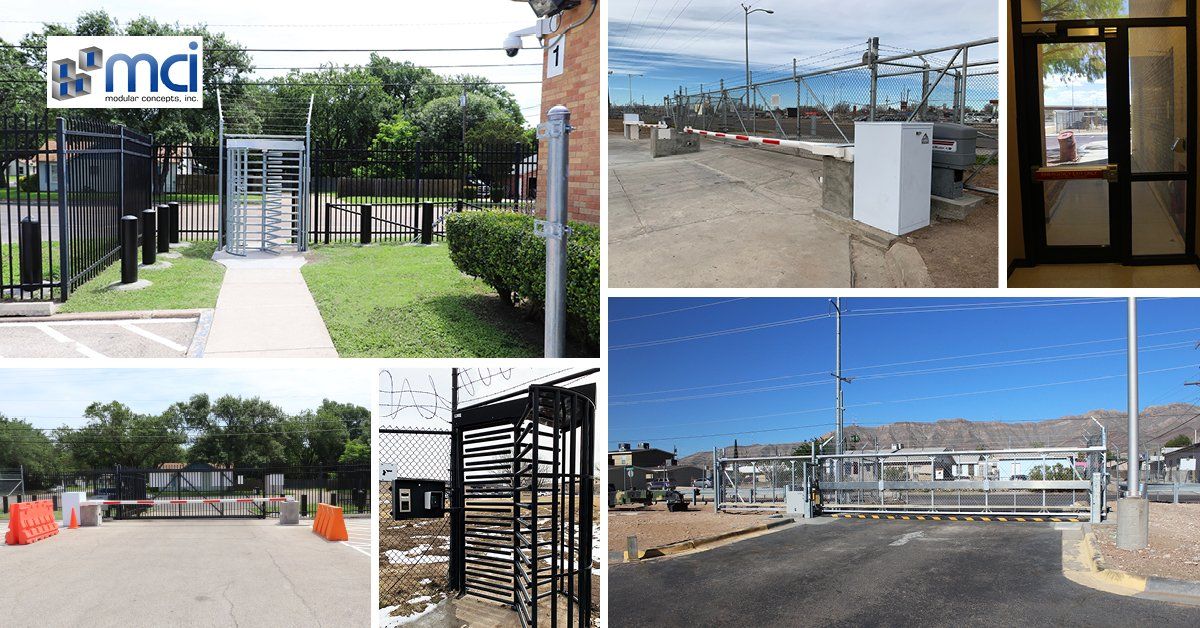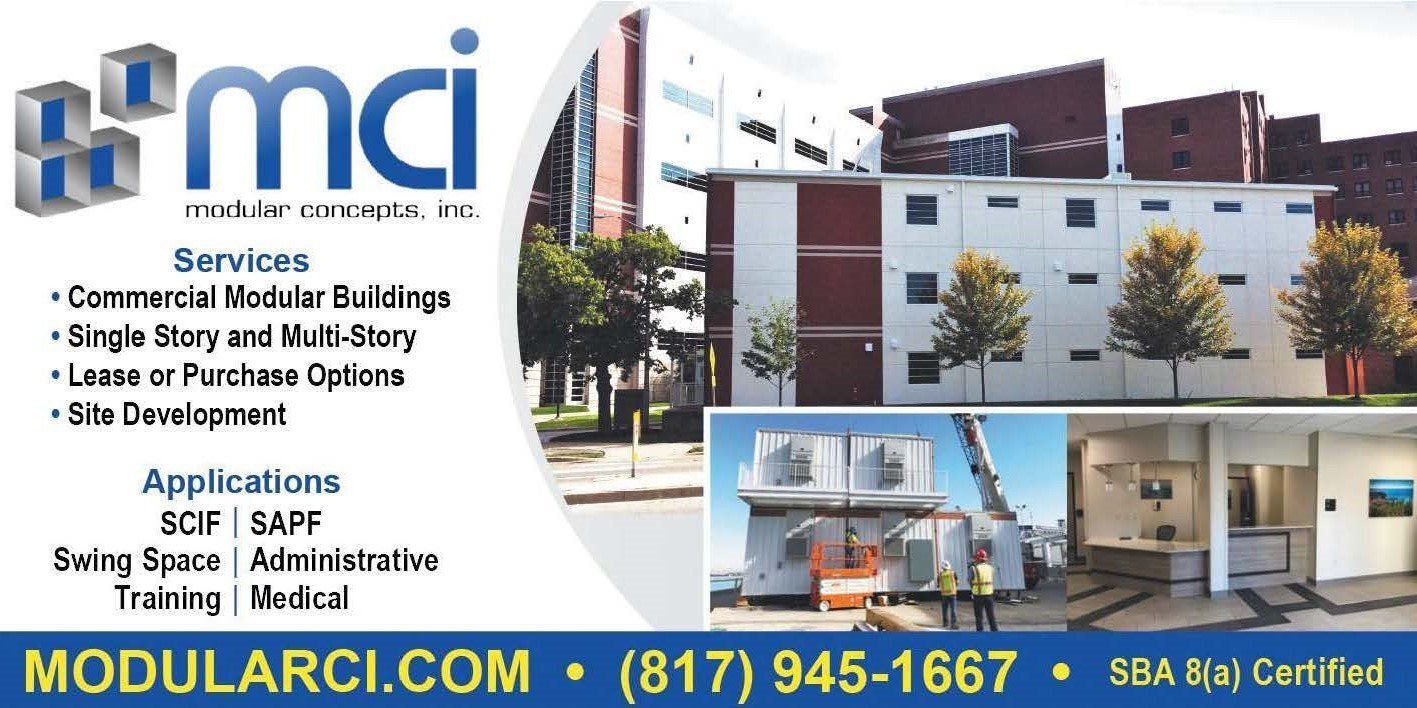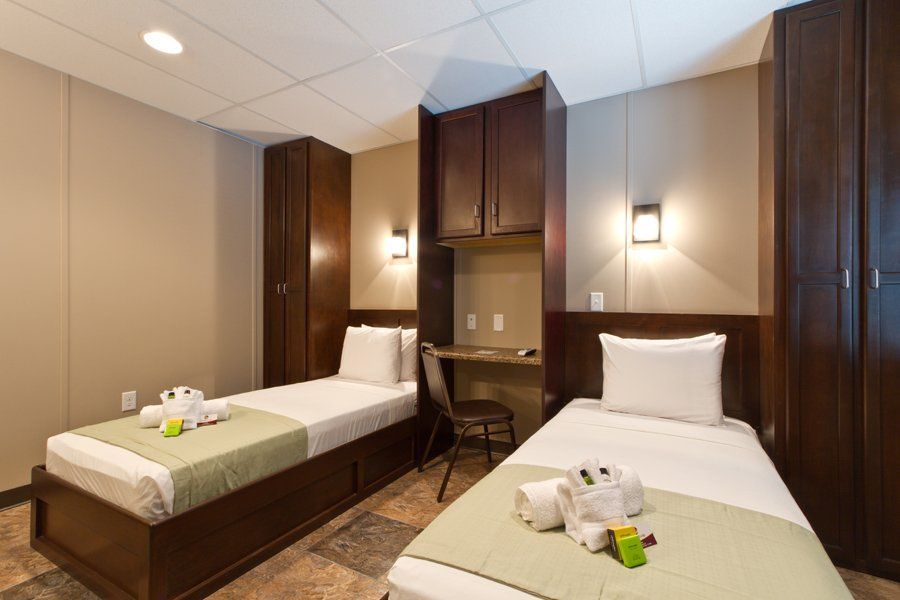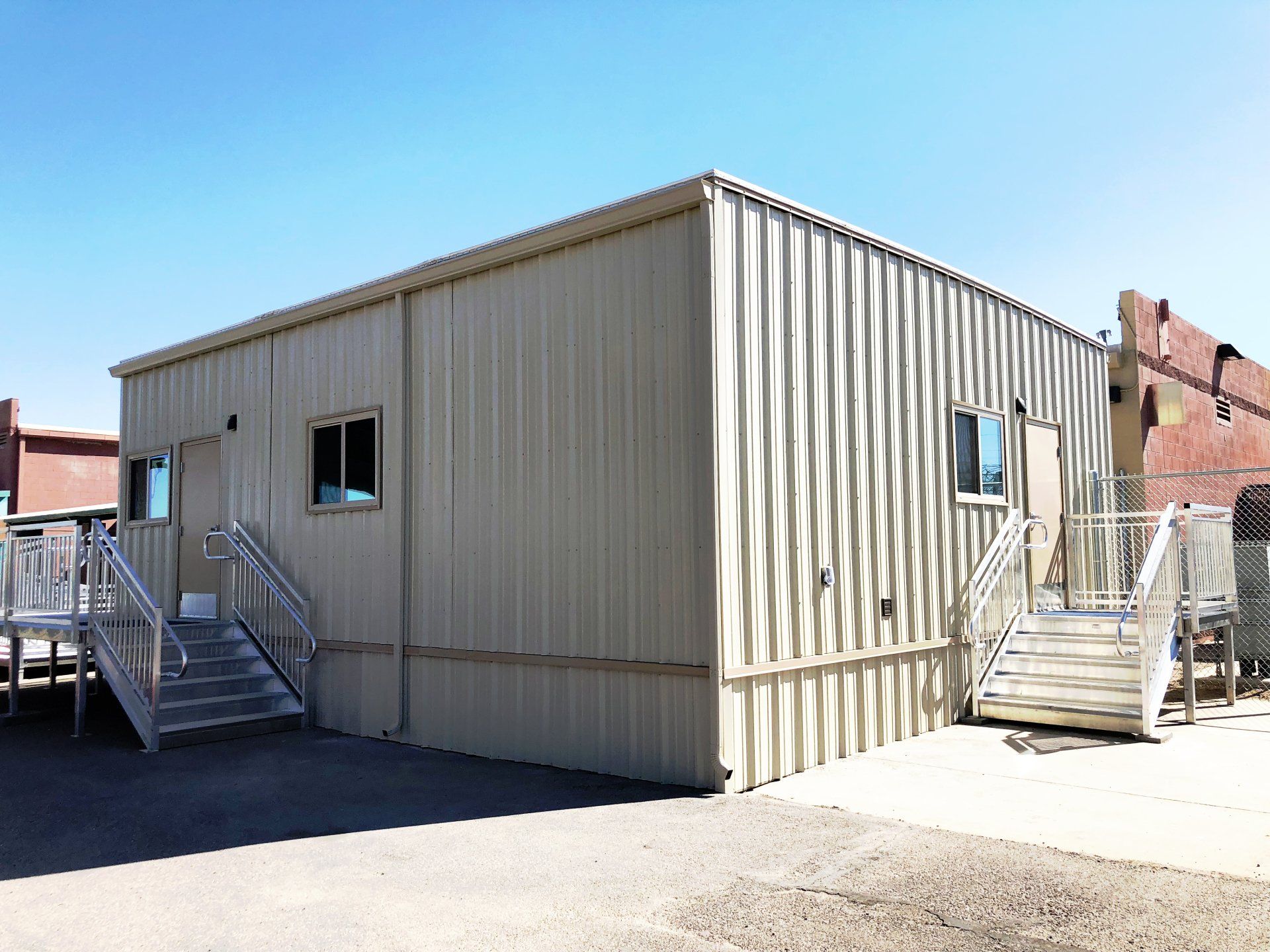By 7058562532
•
May 16, 2023
The world is evolving, and so is the construction industry. In recent years, modular construction has gained popularity as a faster and smarter way of building structures. This innovative construction method involves manufacturing modules at a factory, which are then transported to the site for installation. Modular construction offers a range of benefits compared to traditional, on-site building methods, including shorter construction time, reduced site disruptions, flexibility of use, built to code, saving on cost, lower material waste, and the ability to relocate. 01. Shorter Construction Time One of the most significant advantages of modular construction is that it offers faster build times. Traditional construction methods involve building on-site, which is a time consuming process that can be affected by weather and other external factors. On the other hand, modular construction involves fabricating modules in a factory setting under controlled and optimized conditions. That means that the construction is not affected by weather or other external factors. Since the modules are manufactured in a controlled environment, they can be completed much quicker than traditional construction methods. The modules are then shipped to the construction site and assembled in a fraction of the time it would take to build on-site. Projects can be completed in a much shorter time frame, which can be a significant advantage in certain situations. For example, modular construction can be a great option for business that need to expand their facilities quickly to meet growing demand. With traditional construction methods, expanding a facility can take years. However, with modular construction, the process can be completed in a matter of months, allowing business to get back to their operations faster. 02. Reduced Site Disruptions and Safety A significant advantage of modular construction is that it improves safety on the job site. Unlike traditional construction, where workers are exposed to hazardous condition and work at heights, modular construction is carried in a controlled factory environment. This controlled environment minimizes the risk of accidents and injuries that can occur on a traditional construction site. In addition, modular construction requires fewer workers on-site, which reduces the risk of accidents and injuries. The factory-based construction process also ensures that the construction materials and equipment are safely stored away from the workers, minimizing the risks of slips, trips and falls. 03. Flexibility of Use Modular Construction offers flexibility in design, functionality, and customization. Using modular construction allows for a wide range of design options, giving builders and architects the ability to create custom structures that meet the specific needs of the client and the desired functionality of their program requirements. Modular construction allows for easy modifications and additions to the structure. If an expansion or modification is needed in the future, modules can be easily added or removed to accommodate the changes. This allows for a more adaptable and versatile building solution that can meet the demands of a changing world. 04. Built to Code Generally, modular buildings are required to follow the same building codes as site-built structures. Modular buildings are designed and constructed to meet the IBC (International Building Code) requirements for commercial buildings, as well as applicable federal and state building codes. Overall, the modular construction process is designed to comply with all safety regulations, and standards, ensuring that the final building will be safe for occupants. The components of the building are manufactured to precise specifications, ensuring that they fit together accurately, which minimizes the risk of structural failure. 05. Save Cost Reduced construction costs are a major advantage of modular construction. The costs associated with traditional construction methods can be very high due to the need for on-site labor, long construction times, and material waste. With modular construction, many of these costs are reduced. Since much of the construction is done off-site in a factory setting, there is a significant reduction in the amount of on-site labor required. This means that the cost of labor is reduced to complete the project. Additionally, because the modules are constructed in a factory, there is a much greater degree of precision. These means that there is less material waste, which can be a significant cost savings. 06. Green and Sustainable One of the biggest advantages of modular construction is the enhanced sustainability and environmental benefits it offers. Modular building units are created in a factory-controlled setting, which means that the production process is much more efficient and less wasteful compared to traditional on-site construction. This also means that the materials used are often of a higher quality as they are not subjected to the same weathering and on-site wear and tear that traditional construction materials are. Additionally, the modules are designed to be energy efficient and can incorporate eco-friendly features such as green roofs, and energy efficient HVAC systems. These features can help reduce a building's carbon footprint and lower its overall energy consumption, which is not only good for the environment but also for the building's operating costs. Moreover, modular construction units are often constructed using recycled materials and can be designed to be easily disassembled and reused or recycled at the end of their useful life. This reduces the amount 07. Relocatable Another excellent advantage to modular construction is the ease for Relocatable buildings, which are also also known as temporary buildings to be dismantled and moved to a different location effortlessly. These portable structures can be leased or purchased outright, and have a variety of applications. These modular buildings can be offices, portable restrooms, classrooms, construction site offices, and many others. With the increasing demand for sustainable and cost-effective building solutions, modular construction has become an attractive option for many industries. Modular construction has been successfully used in various industries including government, aerospace, construction, healthcare, and education. Its speed, cost-effectiveness, and sustainability make it a smart choice for construction projects that need to be built faster and smarter. We hope you consider the benefits of modular construction for your next project.
